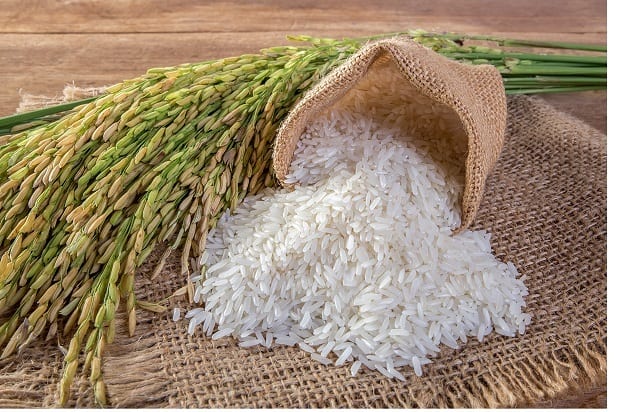Posted on: May 07, 2020
Arsenic in rice: the safety and suitability of rice products marketed as suitable for infants and young children

BSNA would like to reassure parents that rice products specifically marketed for infants and young children up to three years old are highly regulated to ensure their safety and strict compliance with food safety regulations.
A recent study, published in the journal Ecotoxology and Environmental Safety, measured the arsenic levels of 55 different rice types available in UK supermarkets. Of the 55 samples, 28 were found to exceed the 0.10 mg/kg maximum level of arsenic permitted in rice destined for food for infants and young children, as set out in European Commission Regulation (EU) 2015/1006 (retained UK law).[1] However none of the rice products included in the study were specifically marketed at infants and young children.
BSNA members manufacture products aimed specifically at infants and young children which are highly regulated, including the level of a number of naturally occurring contaminants such as arsenic. BSNA members take great care in selecting and testing the rice they use for their products to ensure they are safe and meet strict regulations. As a result, the arsenic levels in baby specific food are as much as three times lower than their equivalent general foods.[2]
Rice is an important contributor to a healthy, balanced diet and a staple for many cultures. Due to its low allergenic nature, rice-based cereals are commonly used when introducing an infant to solids. To ensure that arsenic levels in the diet of an infant or young child are maintained at a safe level parents are recommended to:
- Feed their child rice products which are labelled with an age range suitable for children.
- Feed their child a well-balanced diet that includes a variety of cereals, including oatmeal, wheat, multigrain or rice.
[1] European Commission. (2015) Commission Regulation (EU) 2015/1006 of 25 June 2015 amending Regulation (EC) No 1881/2006 as regards maximum levels of inorganic arsenic in foodstuffs (Text with EEA relevance) - publications Office of the EU. (Retained UK regulation).
[2] Food Safety Authority. (2018) Infant Metals Survey: A survey of metals and other elements in commercial infant foods, infant formula and non-infant specific foods. Conducted by: HallMark Veterinary Services Ltd. (October 2013-February 2014